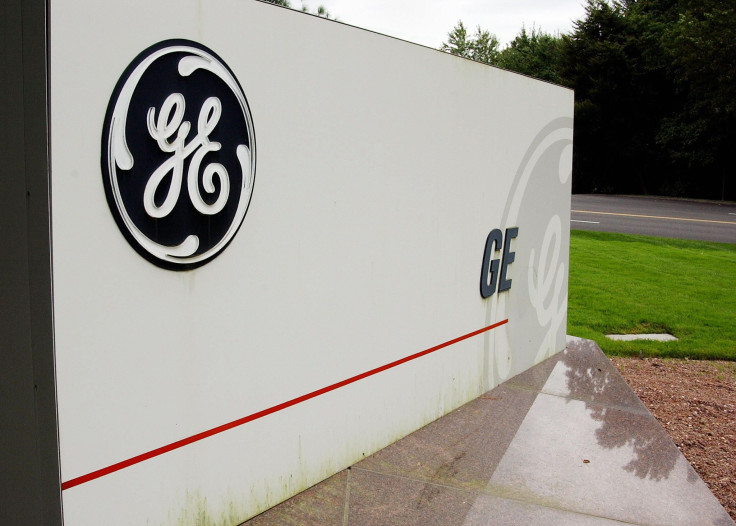General Electric To Sell Its Japanese Commercial Lending Business, Hyundai Capital Stake: Reports

In its latest effort to wind down its capital financing business, General Electric is nearing deals to sell its Japanese commercial lending business and its stake in Hyundai Capital, according to media reports. The deal to sell the Japanese corporate leasing business is believed to be valued at over 550 billion yen ($4.5 billion) and the 43 percent stake sale in the unlisted Hyundai Capital is likely to fetch the company approximately $1.2 billion.
According to Japan Economic Newswire, the American company plans to sell the commercial lending business to the leasing unit of Sumitomo Mitsui Financial Group -- Japan’s second-largest bank by market capitalization. The deal, part of GE’s plan to sell its global lending and leasing businesses, is likely to be finalized later in December, the newswire reported, citing sources.
Separately, GE is looking to sell its 43 percent stake in the South Korean consumer finance company Hyundai Capital to the Hyundai Motor Group and Taiwan’s Fubon Group, the Korea Economic Daily reported Wednesday, citing sources. GE plans to sell a 23 percent stake to Hyundai and a 20 percent stake to Fubon, and, if the deal is finalized, the Hyundai Motor Group, which already holds a 56.5 percent stake in the finance company, will own a 79.5 percent stake.
In recent months, amid investor pressure to shed risks associated with lending businesses and to focus on industrial operations, GE has been selling its consumer finance businesses across the globe.
The latest deals come just months after the company agreed to sell the consumer lending business of GE Capital in Australia and New Zealand to an investor group for an estimated $6.26 billion, and weeks after it announced the sale of a major chunk of its U.S. commercial lending business. Currently, GE’s commercial finance operations in Japan are believed to be valued at $5 billion, according to the Wall Street Journal.
© Copyright IBTimes 2025. All rights reserved.






















